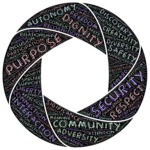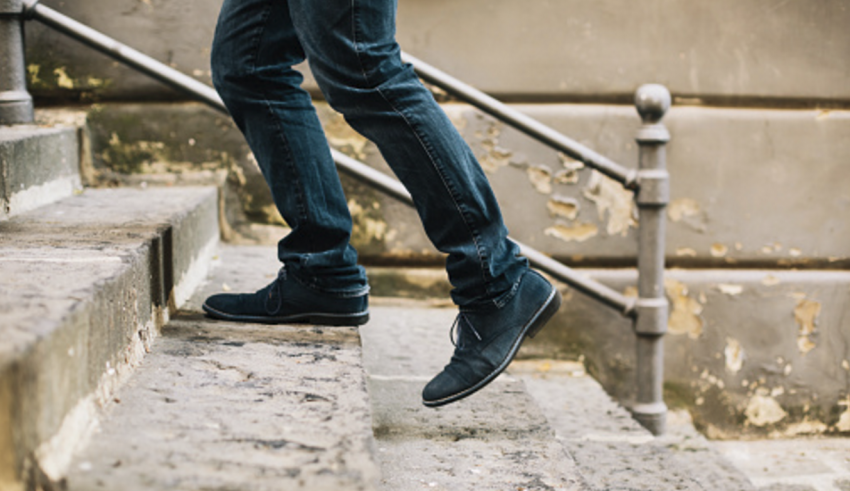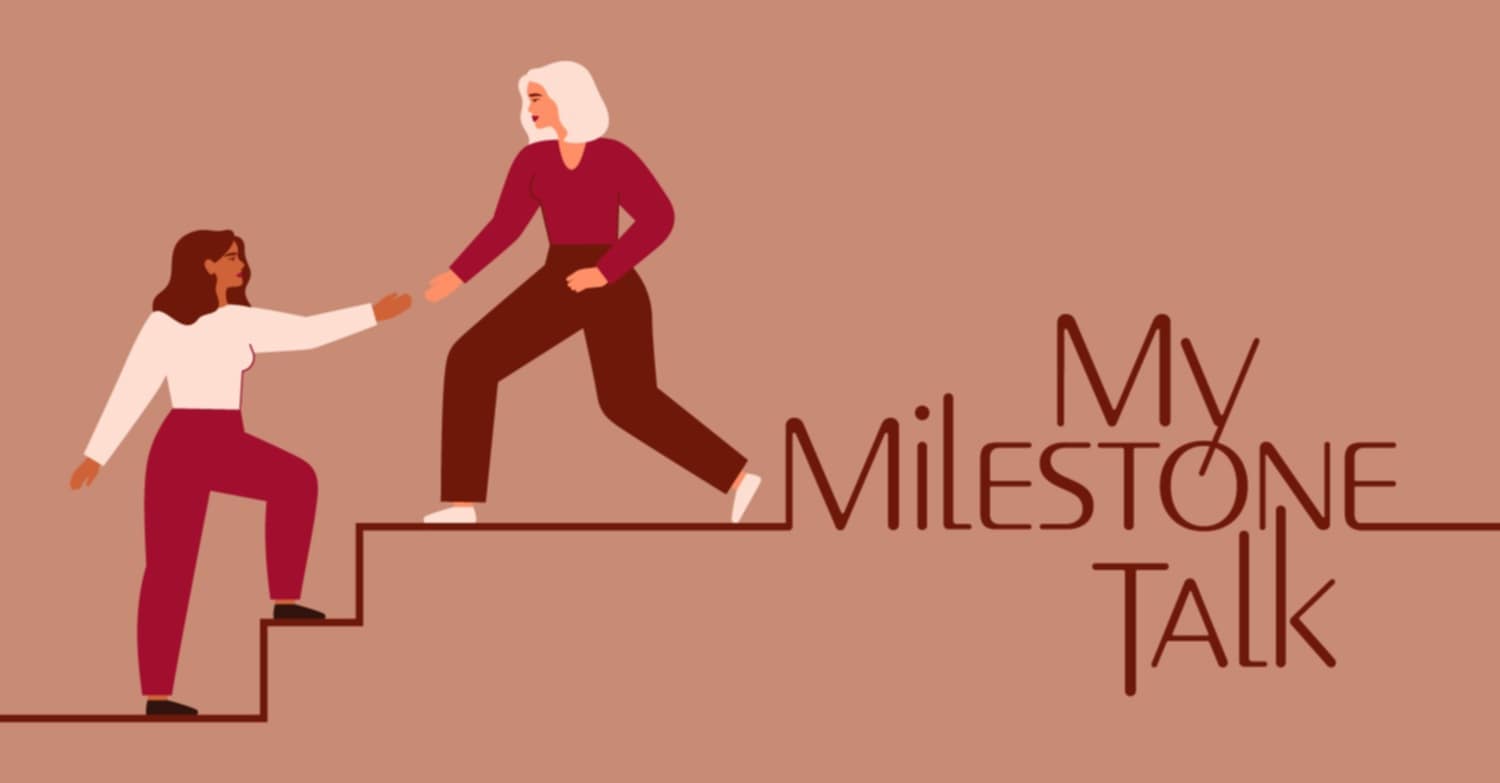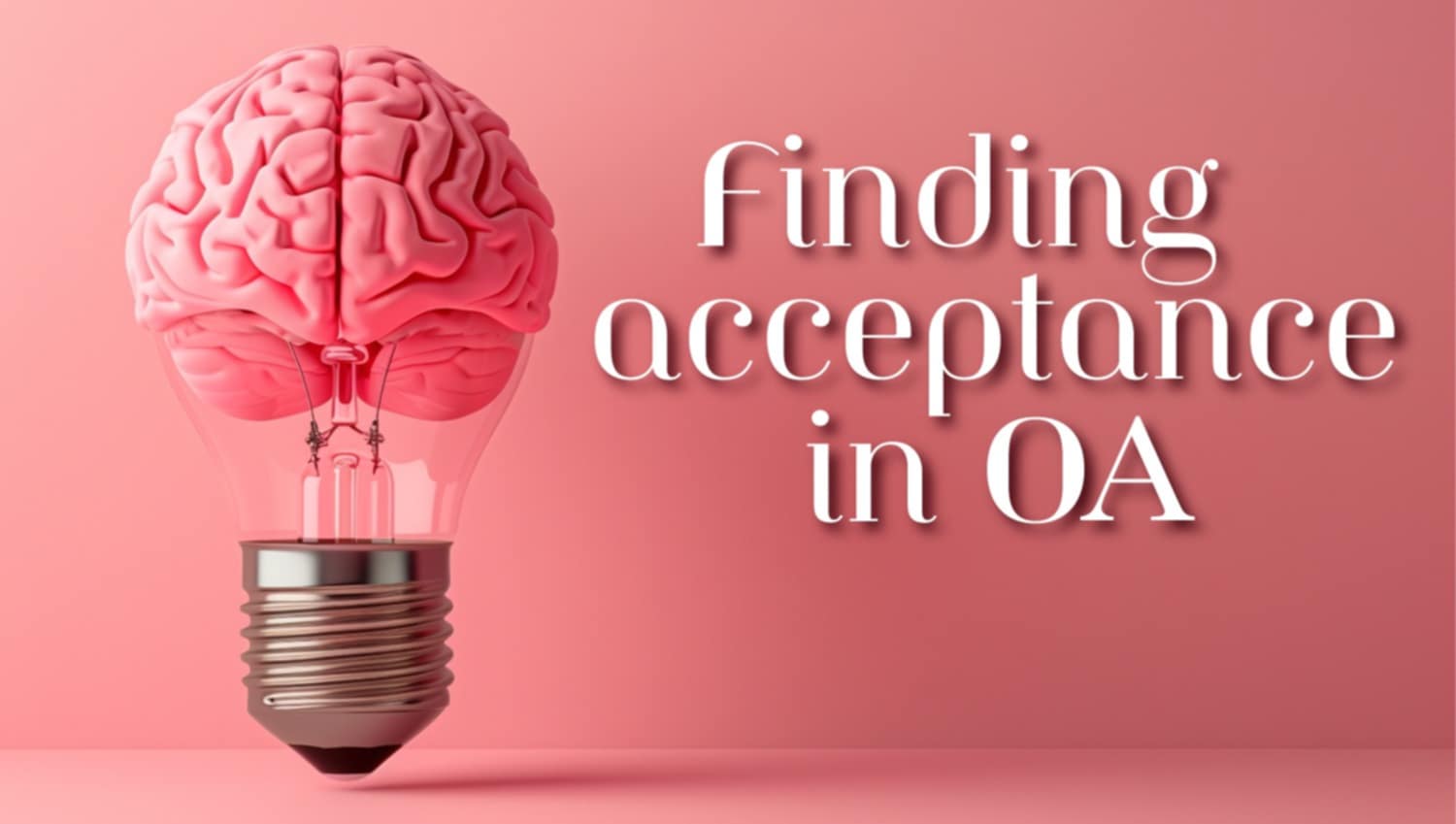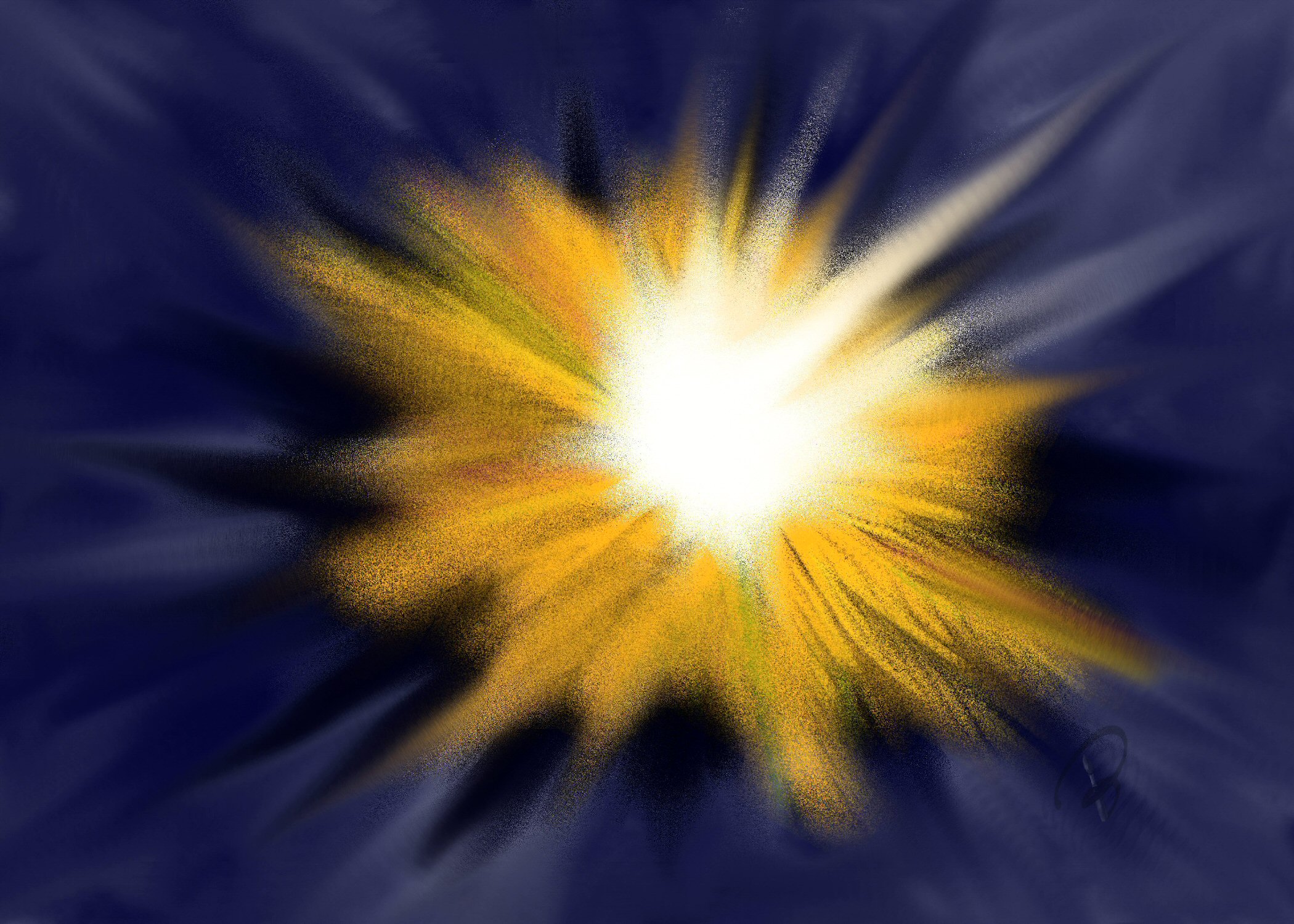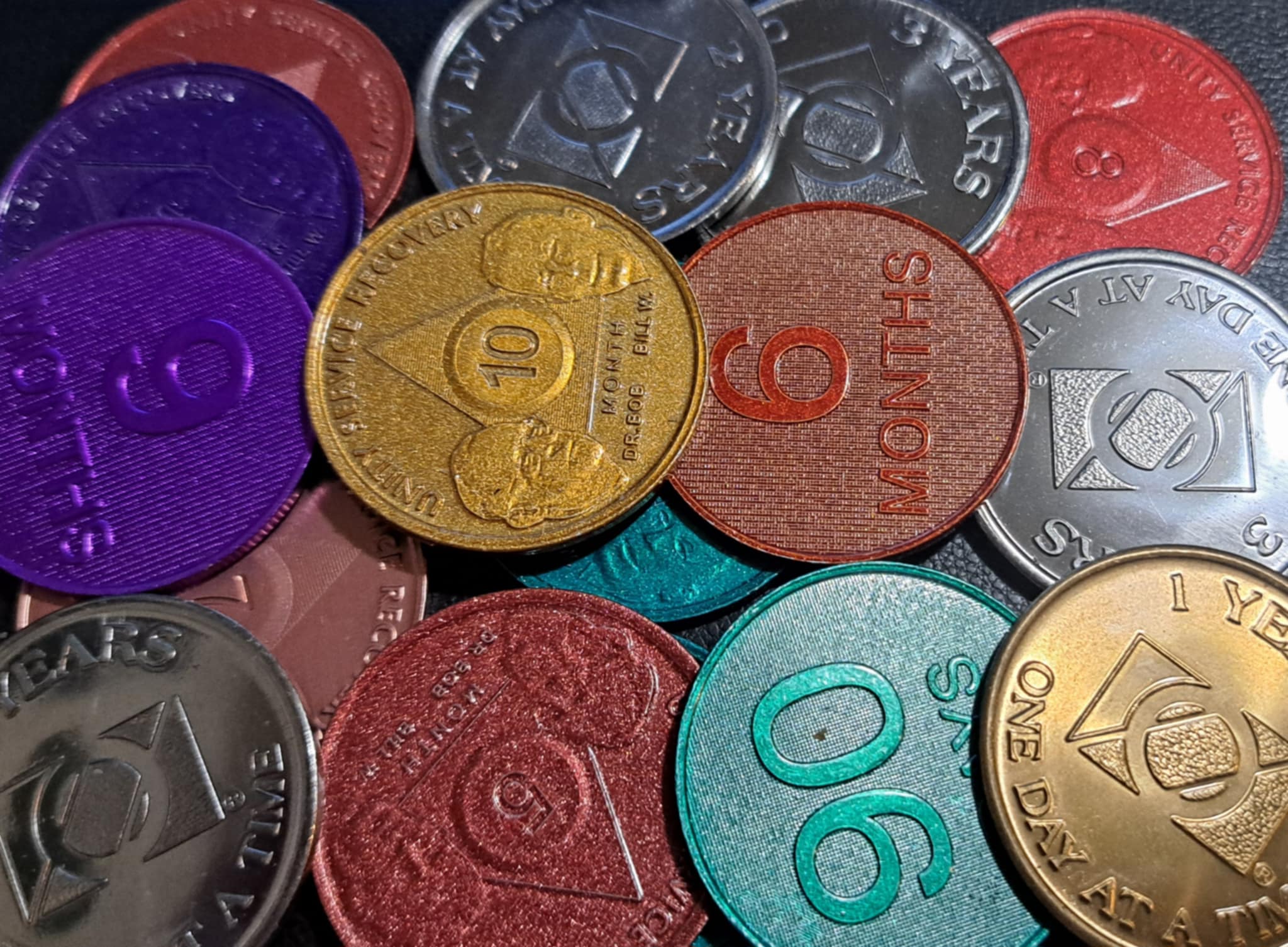In OA, we rely strongly on AA literature, and we are truly blessed to have it. I am infinitely grateful to AA and its founders and members. I do find, however, one critical difference between alcoholism and food addiction that, once addressed, finally gave me the freedom of back-to-back abstinence that eluded me for decades.
Members of AA can walk away from alcohol. As hard as it must be, they can find new activities and new friends. With the support of their program, fellowship, and higher power, they do not have to engage with their substance again.
The Step Four inventory in AA literature focuses on fears and resentments and has been enormously helpful, but there is a critical difference for me as an overeater that requires additional probing in my personal Step Four inventory. My food addiction is not to individual foods but to eating itself. I have to go head-to-head with my addiction three times a day. In order to do that abstinently, I have to delve deep. I believe strongly that my food struggle is an emotional struggle. I cannot be in emotional discord for long without it leading to a food struggle. Since I have to engage with my addiction every day, it puts me on very shaky ground to be in a state of emotional “dis-ease.”
I recently heard a helpful metaphor: If I wanted to replace the blades in a blender, I’d obviously have to turn the machine off. But would I then put my hand inside it? Of course not, because it might turn on if still plugged in. I’d first be sure to disconnect the power source, or the blades could start spinning and I could get badly hurt. Disconnecting the power source is key. So I had to ask myself, “What is the power source of my compulsion?”
For many OA members, the power source of our compulsions is not just fear and resentment, but shame, which is rooted in the codependency that developed in our dysfunctional childhoods. Shame is my power source. If I don’t address it, the power can kick on again with the slightest trigger. Before I healed my shame, for example, a critical comment by a co-worker or supervisor was enough to send me into relapse. Trying to abstain without understanding the power of shame was like trying to stop the blender by only pressing the off button. It invariably kicked on again and cut me with a relapse.
My experience is that I only became able to abstain peacefully and consistently when I began a searching and fearless Fourth Step journey into my shame and codependence. I then began to enjoy the greatest gift of all: comfort in my own skin. This comfort is glorious and precious in itself, and it has protected my abstinence, one day at a time, for over five years.
— Leslie O., Broad Brook, Connecticut USA
Source: OA Lifeline©2016 Overeaters Anonymous, Inc. All rights reserved
©2016 Overeaters Anonymous, Inc. All rights reserved

Did you enjoy this article? We would encourage our members to use this post, and others like it, at their meetings, or for private reflection. We also encourage you to share this post to other fellows to help the compulsive eater who still suffers. Please let us know if you have an idea for an article or an upcoming theme, or have any questions or suggestions. Email our editorial staff at [email protected].
The experience, strength, and hope expressed in this article, reflect the individual OA members and does not represent OA as a whole. Other OA groups and service bodies are welcome to reprint articles from Experience, Strength & Hope Newsletter without permission. When reprinting from other OA newsletters, be sure to credit the source.



